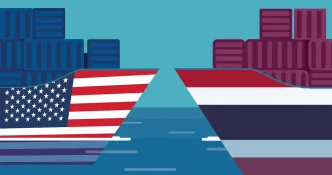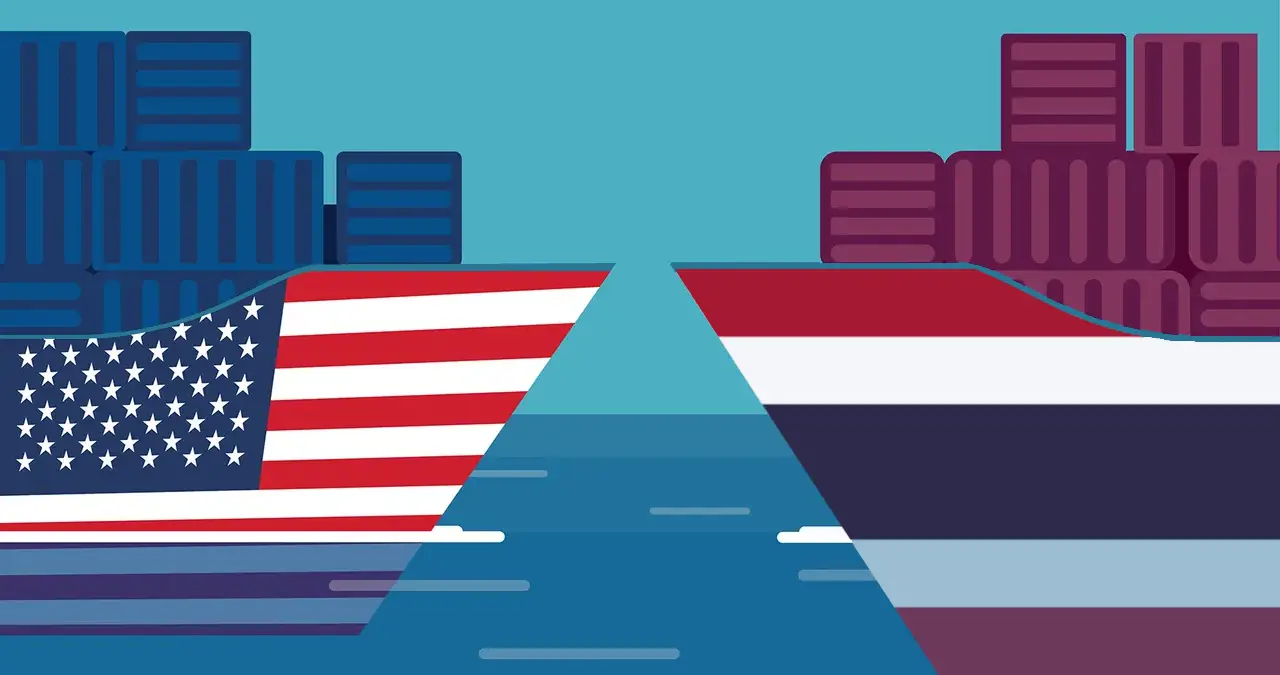With just weeks until a pivotal July 7 deadline, Thailand is intensifying efforts to negotiate reciprocal tariff agreements with the United States, aiming to avert a potential tariff hike that could climb as high as 36%. Finance Minister Pichai Chunhavajira is set to lead a high-stakes delegation to the US, where talks are reaching a critical juncture amid shifting negotiation dynamics and looming economic consequences for Thai exporters, farmers, and businesses.
Urgent Negotiations Amid Tariff Threat
The 90-day negotiation window for reciprocal tariffs between the US and several countries, including Thailand, is nearing its end. If no agreement is reached or an extension granted, the US has signaled it will impose tariffs at predetermined rates, with Thailand facing a steep increase to 36% on its goods. This potential hike, up from the current 10%, could severely impact Thailand’s export-driven economy, which sees billions of Thai Baht in trade value annually with the US.
Finance Minister Pichai Chunhavajira confirmed that discussions with US counterparts are underway, with a trip to the US scheduled to address unresolved issues. “These discussions have been ongoing for quite some time, both formally and informally” said Pichai, emphasizing that the visit aims to finalize lingering details. He heads a Thai delegation determined to secure a favorable outcome, meeting key US figures including Secretary of the Treasury Scott Bessent and representatives from the United States Trade Representative (USTR).
The urgency of the talks is underscored by recent developments. A Finance Ministry source revealed that the US has proposed a tariff increase to 18%—lower than the default 36%—but with additional non-tariff conditions. Thailand, however, is pushing to maintain the current 10% rate, aligning with tariffs applied to other nations, and sees room for further dialogue. There is cautious optimism that the US might extend the July 7 deadline to allow more time for detailed discussions.
Navigating a Complex Negotiation Landscape
The negotiation process has been far from straightforward, with the US deploying negotiators from multiple levels, including the Department of Commerce, the USTR, and the Treasury. This fragmented approach has created a fluid and unpredictable landscape, requiring Thailand to adapt swiftly. Pichai highlighted the importance of parallel collaboration between Thailand’s Fiscal Policy Office (FPO) and the Department of Trade Negotiations (DTN) to ensure comprehensive coverage across all levels of discussion. “The Thai government is ready to face any approaches the US may take” he said, stressing the need to avoid being disadvantaged.
Thailand has also taken strategic steps to bolster its position. Preliminary talks led by Commerce Ministry Permanent Secretary Vuttikrai Leewiraphan with the USTR have paved the way for formal negotiations. Additionally, the engagement of a lobbying firm in the US has facilitated key appointments and accelerated the scheduling of talks. Pichai acknowledged that fees for such firms typically range from US$20,000 to US$300,000 per month, with higher costs for specialized expertise in urgent, high-stakes scenarios like these tariff negotiations. “I would like to confirm that this process is transparent and verifiable” he said, citing compliance with the US Foreign Agents Registration Act (FARA), which mandates public disclosure of foreign contracts on the Department of Justice’s website.
Economic Stakes and Broader Implications
The potential economic fallout from a tariff hike is a pressing concern for Thailand. Exports to the US, a major market for Thai goods, contribute significantly to the national economy, supporting sectors from agriculture to manufacturing. A tariff increase to 18% or higher could erode Thailand’s competitive edge, particularly if other countries secure more favorable rates. “If we don’t have the right support, the right team that understands the US, and the proper tools, Thailand may lose market access, face export setbacks, and our farmers and businesses could suffer greatly” warned Pichai.
Beyond tariffs, the talks will address non-tariff barriers, including regulations and trade-related obstacles. Pichai views this as an opportunity for Thailand to refine its own regulatory framework, enhancing flexibility for imports and exports. Such reforms could position Thailand more competitively on the global stage, even as ASEAN countries are barred from negotiating as a unified bloc, forcing each nation to navigate these challenges independently.
Speculation about the final tariff rate remains rife, with some economists estimating a figure as high as 18% for GDP projections. However, Pichai cautioned that these numbers are not definitive. “No one knows the exact figure the US will impose on Thai goods—it could well be lower than 18%” he said, urging a focus on fairness rather than specific percentages. Thailand’s core stance is clear: it seeks treatment no harsher than that of other nations to preserve its competitive standing. “If Thailand cannot maintain its competitiveness, the consequences will be endless” he added.
Regional Context and Global Trade Dynamics
Thailand’s negotiations unfold against a broader backdrop of global trade tensions, as the US engages with multiple countries on similar tariff agreements. Pichai noted that while the USTR is in discussions with various nations, no final agreements have been reached, despite circulating rumors. “I believe, ultimately, we’re likely to see a delay in the enforcement of the new tariff rates” he said, reflecting a cautious hope for more time to secure a balanced deal.
Within ASEAN, the inability to negotiate collectively places additional pressure on individual member states. Thailand’s approach, prioritizing national interests while acknowledging US constraints, aims for a “win-win” outcome. This balancing act is crucial, as emerging conditions and new information continue to complicate discussions. Pichai’s observation that “once you get into the details, new information and conditions always emerge” captures the fluid nature of these high-stakes talks.
Looking Ahead: A Defining Moment for Thailand
As Finance Minister Pichai Chunhavajira boards a flight to the US, the weight of Thailand’s economic future rests on the outcomes of these critical discussions. A favorable tariff agreement could safeguard market access and protect livelihoods, while a failure to secure concessions risks long-term setbacks for exporters and businesses. The possibility of an extended negotiation window offers a glimmer of hope, but with the July 7 deadline fast approaching, time is of the essence.
For now, Thailand remains steadfast in its pursuit of equitable treatment, echoing a sentiment likely shared by other nations in similar talks. As these negotiations progress, the ripple effects on regional trade dynamics and global economic relations will be closely watched, with Thailand’s resolve to maintain its competitive edge hanging in the balance.
















